Infection and Immunity nieuws
Infection and Immunity nieuws
Jun 29: Early warning score for chronic pain after surgery helps with prevention

Orthopedic surgery, preoperative use of opioids, pain that persisted for two weeks after surgery and painful cold stimuli are the most important risk factors for developing chronic pain after surgery. These are the findings of a Dutch-German team involving researchers from University Medical Center (UMC) Utrecht who investigated which early warning signs are predictive for the development of chronic pain after surgery.
Read moreJun 29: Impaired innate immune response increases risk of severe RSV bronchiolitis
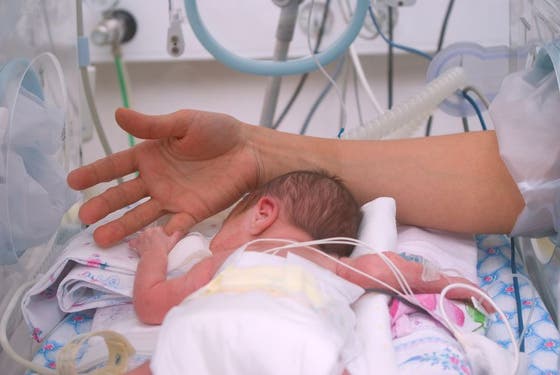
Severe RSV bronchiolitis is caused by a delayed, deranged or prolonged innate immune response. Defects in innate immunity can contribute to these processes in several ways: a deficit in detectors/sensors will result in impaired recognition of the virus with an impaired or delayed response as a result. In addition, dysfunctional neutrophils can determine disease outcome by inducing immune pathology. According to Sjanna Besteman in her PhD thesis, both of these effects can lead to impaired resolution of disease.
Read moreJun 6: Long covid patients show extensive brain inflammation
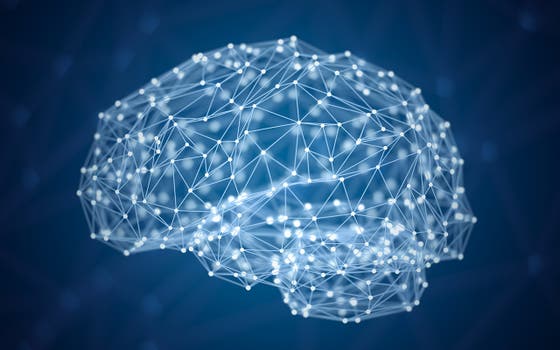
Several studies are underway on the relationship between 'long covid' and specific involvement of organs such as heart or respiratory muscle. These new findings demonstrate extensive brain damage 'in vivo' (in living people) for the first time. Researchers from Amsterdam UMC and UMC Utrecht saw inflammation throughout the brain region in two patients with long-term symptoms after a coronavirus infection. This has not been shown in living people with pulmonary covid. The findings were published on a preprint server and therefore not yet peer-reviewed.
Read moreJun 1: Improved clinical care in children with JIA associated uveitis resulted in fewer complications
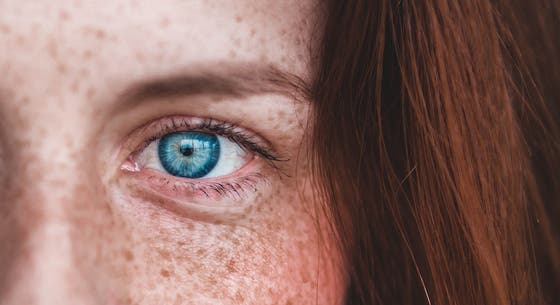
Novel treatment regimens and new international multidisciplinary guidelines have shown major improvements over the last decade, resulting in less complications and blindness and less visual impairment in children with juvenile idiopathic arthritis (JIA) associated uveitis. Also, a better insight in the pathogenesis was achieved and successful diagnostic and treatment modalities were introduced. These findings were presented by Roos Wennink (UMC Utrecht) who defended her PhD thesis on May 17th.
Read moreMay 30: The female microbiome: from collecting knowledge to application

On May 23 2022, Janneke van de Wijgert, professor of infectious and immune mediated disease epidemiology at UMC Utrecht, held her inaugural lecture. In this lecture, Janneke discussed the female microbiome: the ‘community’ of microorganisms found in the female genital and urinary tracts. A striking statement in Janneke's lecture is that – in her opinion – the quality of scientific microbiome research is rather variable. The quality of microbiome studies should be improved to move the field forward from exploration to application.
Read moreMay 19: Genetic condition causes severe Staphylococcus aureus infections

International research - coordinated by clinical microbiologist and clinician-scientist András Spaan (UMC Utrecht and The Rockefeller University) - has unraveled why, after infection with the notorious bacterium Staphylococcus aureus, some people fall severely ill. In this seminal study, now published in the journal Science, the investigators describe how a genetic condition - called OTULIN haploinsufficiency - predisposes people to life-threatening staphylococcal disease. Using sophisticated methods, the investigators unravel the disease on a molecular level and identify therapeutic leads.
Read moreApr 25: New prediction model can help GP recognize sepsis in adults earlier
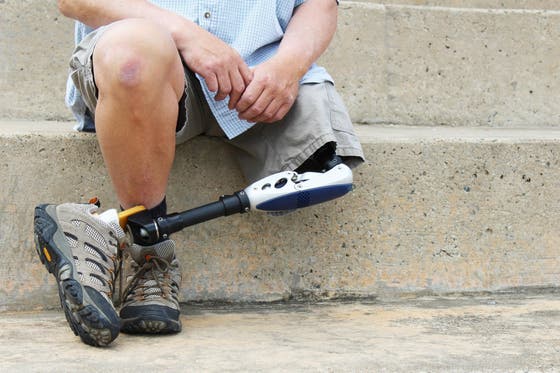
Simple measurements such as blood pressure, heart rate and blood oxygenation can help GPs better assess the risk of sepsis, a life-threatening condition. However, measuring inflammation blood biomarkers does not help to further improve this assessment. This was shown in research by University Medical Center (UMC) Utrecht and Radboudumc, which was published this week in the medical journal British Journal of General Practice.
Read moreApr 14: Antiretroviral drugs may impair cognitive function in people with HIV
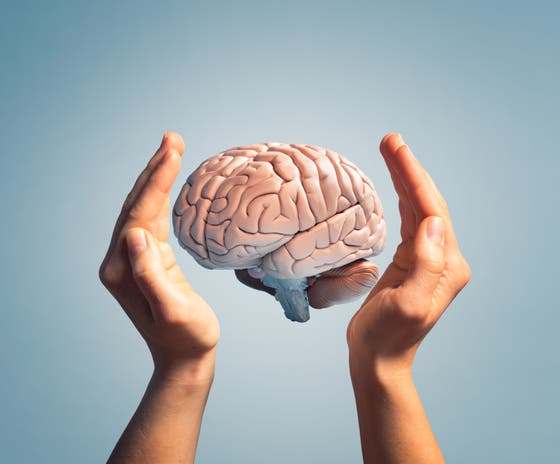
Some types of antiretroviral therapy – in particular those containing efavirenz as an active ingredient – have a negative effect on cognition in patients with HIV. Discontinuing of this drug can significantly improve cognitive functioning in these patients, as was concluded in the PhD research by Charlotte Hakkers at UMC Utrecht.
Read moreApr 12: UMC Utrecht to coordinate research on allergy risk assessment of ‘novel foods’

UMC Utrecht will coordinate a large allergy risk research consortium that will develop tools to assess the allergic potential of so-called ‘novel foods’. Kitty Verhoeckx, PhD, assistant professor food allergy at UMC Utrecht, has received a Marie Sklodowska-Curie DN grant of € 2.6 million for a food allergy research project titled ‘Allergenicity Prediction Toolbox for novel foods’ (ALLPreT). She will coordinate the project of 10 early stage researchers (ESRs) and 24 international partners.
Read moreMar 25: Corona self-tests more accurate when sample is taken from nose and throat

Research from the Netherlands has revealed that in individuals with Covid-19 like symptoms, the sensitivities of three commercially available corona self-tests performed with nasal self-sampling decreased during the emergence of the Omicron variant. However, self-sampling in nose plus throat led to an increase of the accuracy of the self-tests. These findings indicate that nose combined with throat self-sampling is beneficial for the investigated self-tests. However, this is not yet in accordance with the current instructions for use and registration of the self-test.
Read more
